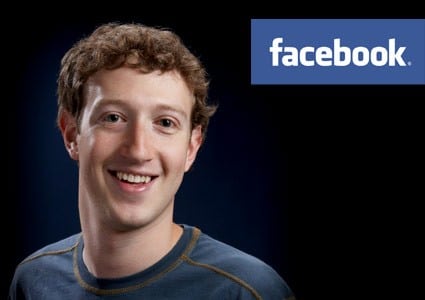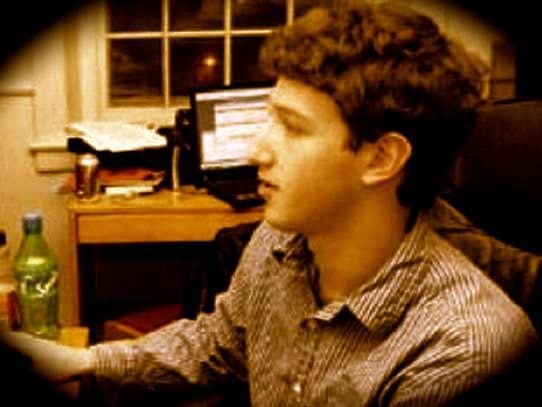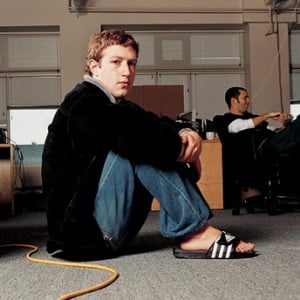Gen Y is facing an unusually steeper career hill to climb considering we are living in a world where billionaires are the new millionaires and people in their twenties are birthing a digital wave of conglomerate service providers.
Keeping up with the Joneses is easy compared to keeping up with the Kardashians who are making millions just for having a reality show about being rich. But Millennials are way to creative to flow with the status quo. As a result of being faced with the highest unemployment rate the country has ever known, more and more young adults are creating their own jobs by becoming entrepreneurs and realizing their dreams were much bigger than previously imagined.
A select few will forever be the door openers for this generation, and without their initiative, perseverance, intellects, and ball-busting attitudes, Gen Y wouldn’t have such easy access to making the 30 Under 30 lists. These innovative and unique individuals have shaped the way society communicates and shares information.
Millennials have created the largest and most influential platforms, and have become celebrities in their own right. But instead of just wondering how they did what they did, taking a deeper look at their process will help to dispel the notion of their “overnight” success.

Born in 1984, Mark Zuckerberg was destined for Gen Y history. The ultimate kid of the 90s his father taught him Atari Basic Programming at an early age. By the time he was in middle school, writing software was a hobby, and his software developer tutor, David Newman, even thought it was hard to stay ahead of him.
Zuckerberg quickly developed a knack for coding and created a primitive version of real-time chat for his father’s dentistry called “ZuckNet” in 1996 when he was 12, just one year prior to AOL’s debt of Instant Messenger.
According to Washington Post journalist Jose Antonio Vargas, “some kids played games, Zuckerberg made them.” Considered a prodigy by all that knew him, Zuckerberg transferred to the Phillips Exeter Academy when he was 16 years old, where he excelled at most unconventional classics.
By his junior year he claimed to be able to read and write French, Hebrew, Latin, and ancient Greek, and won school competitions for the sciences (physics, math, and astronomy) and classic studies (Literature).
Zuckerberg realized his talent for software programming and formed the company Intelligent Media Group while still in high school. He built a music player program called Synapse that analyzed listeners’ behavior and recommended song choices.
This gained in popularity enough to attract PC Magazine and rank the program 3 out of 5 stars. Before graduating high school, Zuckerberg was approached by both Microsoft and AOL to purchase Synapse and hire him as a developer. He declined their offer and accepted his admittance to Harvard University.

Soon after the CourseMatch success, he created FaceMash, an online application allowing students to compare and rank each other’s hotness. The flurry of activity in it’s debut weekend shut down the school’s server and put Zuckerberg in the hot seat. His site stirred discussion among the campus of having a similar student platform with photos but with additional contact details. Zuckerberg was determined to build the site, and was approached by the Winklevoss twins to create HarvardConnection.com.

Money is always behind any great genius, and Peter Thiel was the man responsible for Facebook’s success. He invested an initial $500,000 for 10.2 percent of the company and a seat on the Board of Directors by July of 2004. Thiel’s PayPal partners, Reid Hoffman, CEO of LinkedIN, and Mark Pincus, founder of Zynga, joined in and invested convertible notes to be rolled into Facebook equity upon reaching 1.5 million users. A convertible note is a bond (money) that can be turned into shares of common stock of the company or equal cash value at a negotiated price.
Within the last nine years of it’s inception, Facebook has grown into a multi-billion dollar company and has attracted one billion users. Zuckerberg is estimated to be worth $9.4 billion with 33 percent ownership of his company. At 29 years old (2013) he currently stands to be the number one Millennial entrepreneur.
Related Reading:
How Ike Fontaine Takes the Lead on Client Acquisition Through Podcasting
How David Adelman is Shaking Up the Industry With American Harvest Vodka
